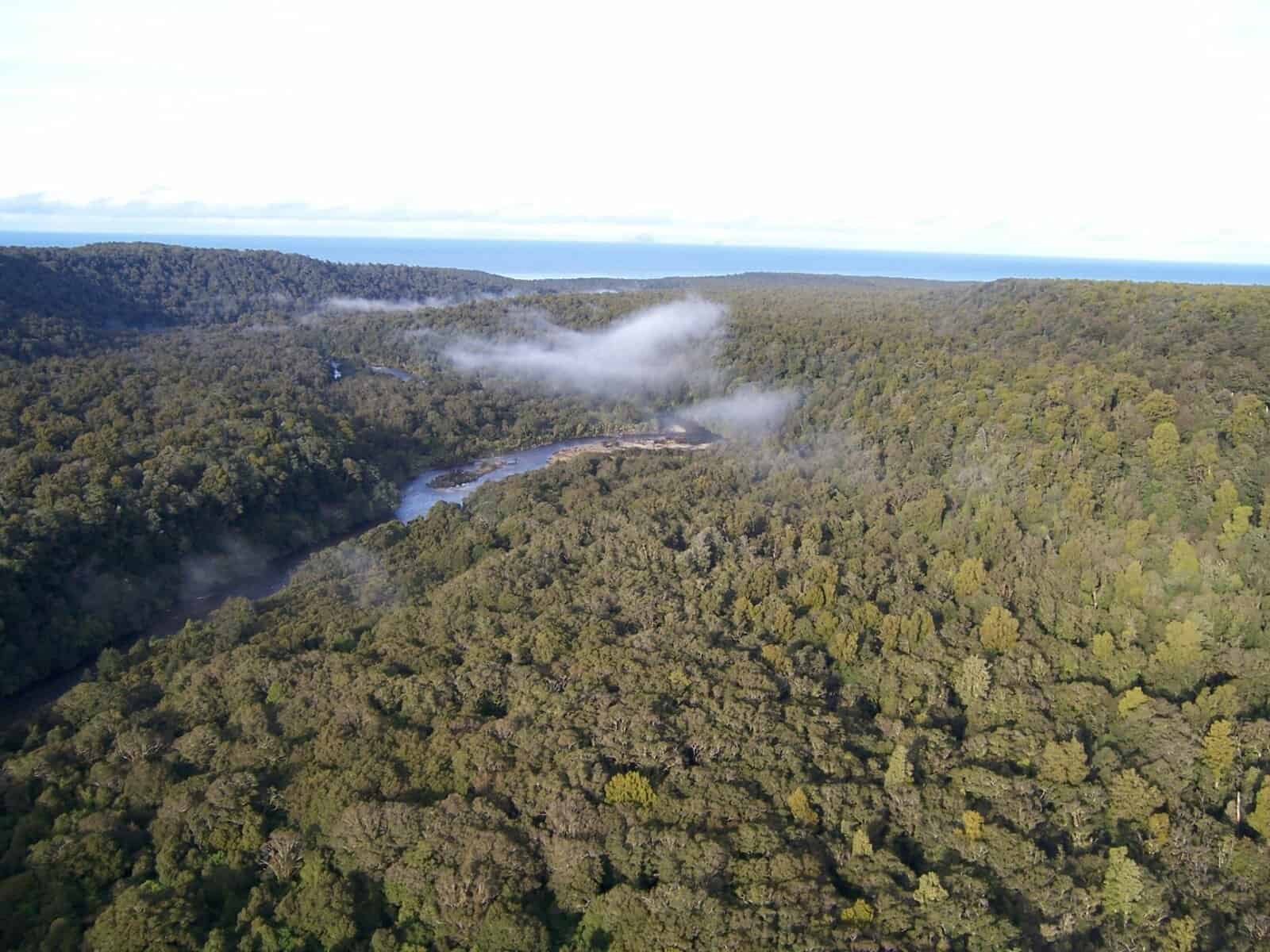A new paper published in Frontiers in Ecology and the Environment shares the concerns of many conservation scientists that any progress made in controlling invasive species could be lost due to worldwide environmental change. The paper shared that climate change will worsen the negative effects of habitat loss and invasive species, an impact that is heightened in island ecosystems.
Co-author of the paper Cate Macinnis-Ng believes there is a huge need for more research to take climate change into account when it comes to conservation. “New Zealand needs to do more research in this space because there’s not enough information there to make good decisions.”
Recently, a team from the Biological Heritage National Science Challenge got together to look at where these research needs lie, creating a list of specific topics.
“Prioritising those was a real challenge because all of them could potentially be quite important, but we don’t actually know until we start looking into it” Cate says. “We all agreed that it was the exacerbating effects of climate change that were really important to understand.”
Due to Aotearoa’s changeable weather, native species tend to be quite resilient when it comes to a varying climate. However, it is the indirect threats of climate change that pose the most risk.
“The New Zealand biota have adapted to be able to deal with quite variable conditions” says Cate. Looking at the palaeoecological record shows that during environmental changes in the past, there were very few extinction events. While this research provides useful information, it is not quite as relevant today. “In the past we didn’t have habitat fragmentation, we didn’t have invasive species, we didn’t have all of these other exacerbating factors.”
As an island, Aotearoa’s flora and fauna are highly endemic and particularly vulnerable to extinction. With higher temperatures, invasive pests will likely benefit from expanded range and prolific breeding seasons. Increases in severe weather events, forest fires and sea level rise will worsen habitat loss, compounding the detrimental impacts to our native species.
These potential impacts will have major negative effects on the availability of crucial resources to indigenous communities, such as mahinga kai. “We need to be putting the impacts on indigenous communities and culture at the forefront” says Cate. Without incorporating climate change into our conservation management plans, we run the risk of losing the progress we are making at protecting our biological heritage.
